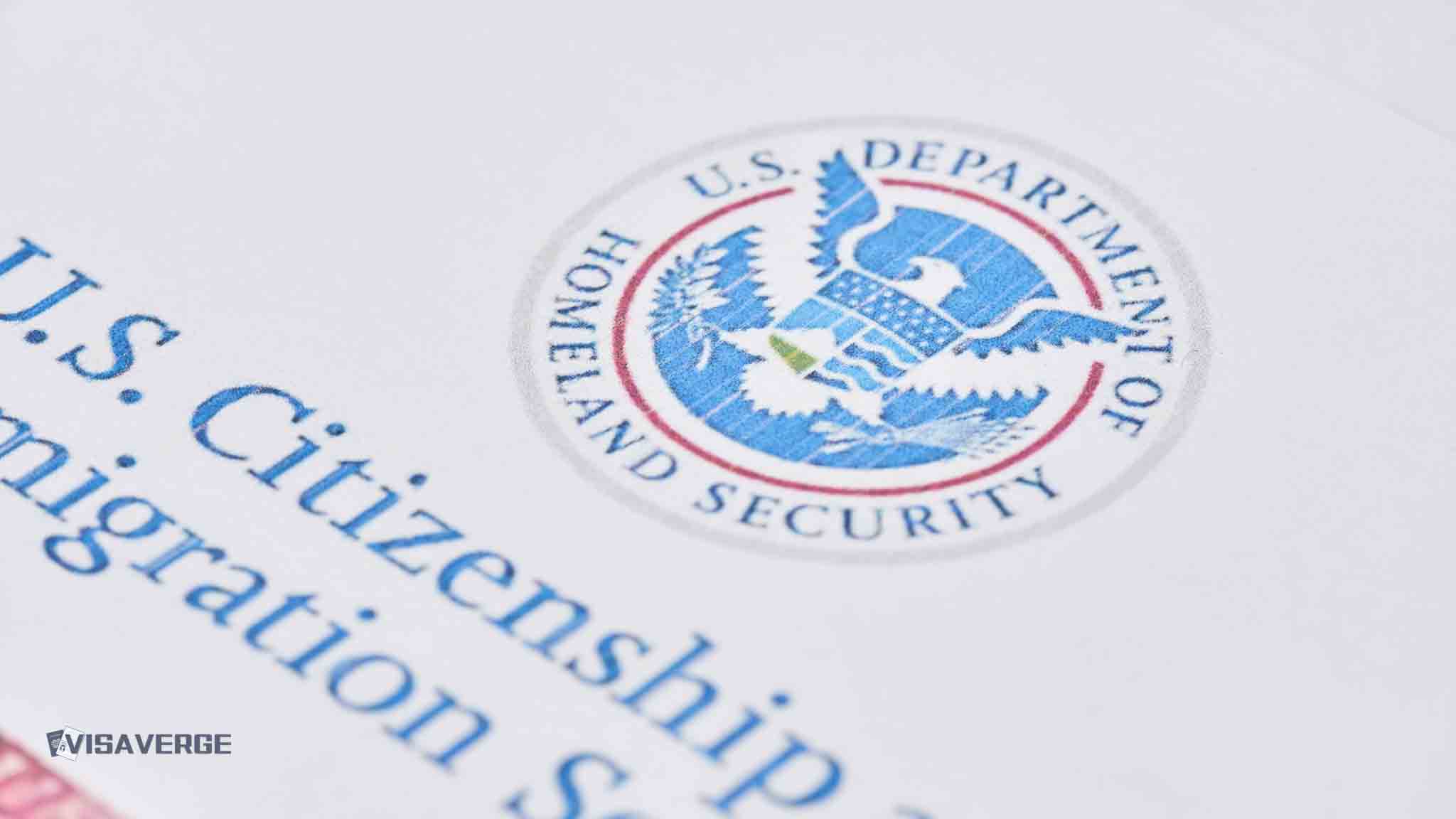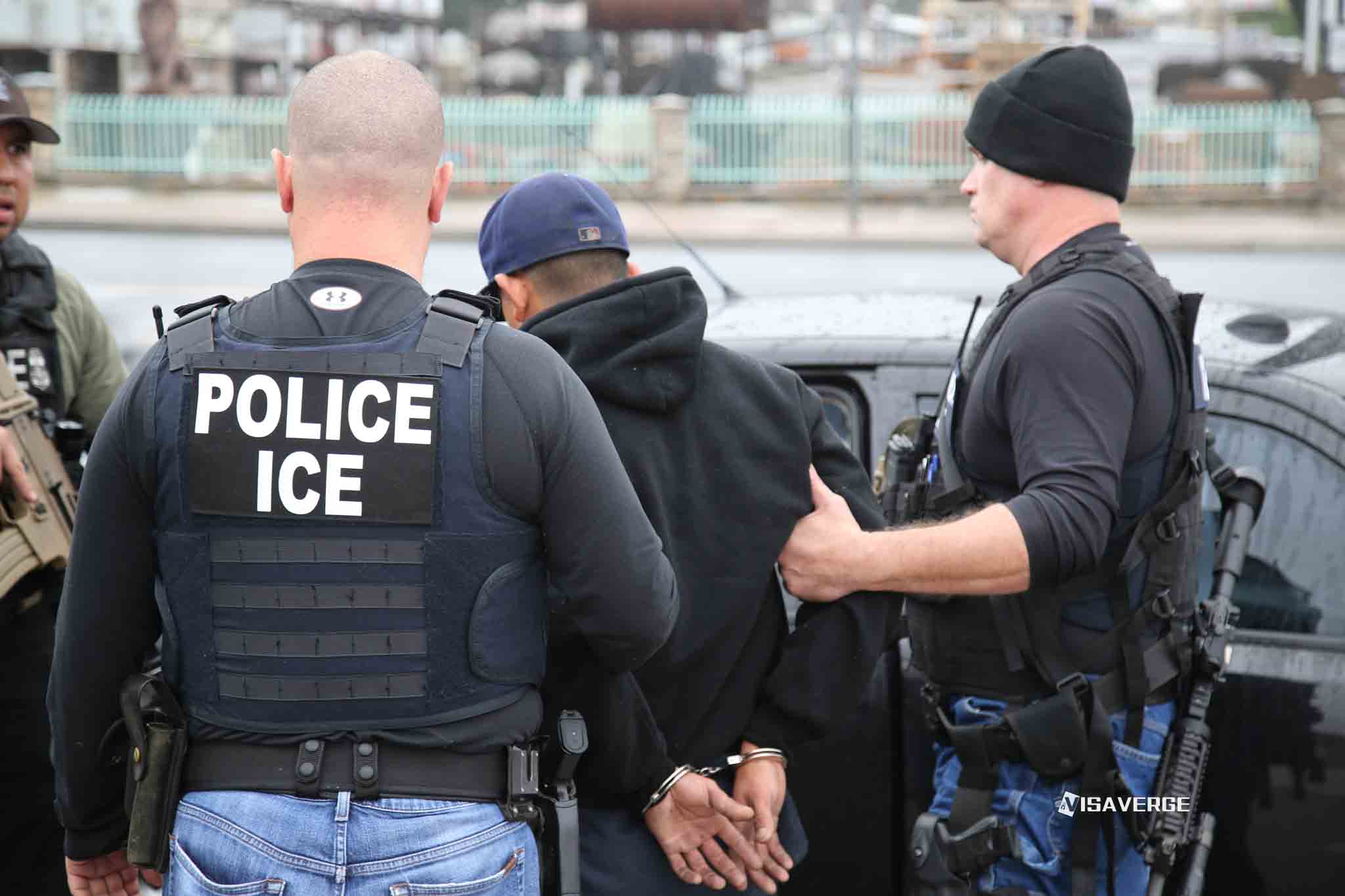(SAN FRANCISCO, CALIFORNIA) A Korean-born U.S. green card holder, Tae Heung “Will” Kim, has been detained at San Francisco International Airport since July 21, 2025, more than a week after he returned from his brother’s wedding in South Korea. Kim, who came to the United States 🇺🇸 at age 5 and has lived here for 35 years, is a PhD student in biomedical sciences at Texas A&M University.
Advocacy groups and his attorney say he was held during secondary inspection and has not been told the specific reason for his continued detention, which they argue violates the legal maximum of 72 hours for entry inspection detention.

Family appeals and reported treatment in custody
Kim’s mother, a U.S. citizen, made a public appeal for help, saying her son should not be punished or treated unjustly because he is not yet a citizen. She described limited contact with him and confusion around his case.
Supporters describe harsh conditions at the airport holding area:
- Constant lighting with no sunlight
- Limited food
- Sleeping on chairs or the floor
- Restricted access to legal counsel, according to the family and advocates
“Denying access to counsel and holding someone indefinitely without clear reasons conflicts with core constitutional protections,” said advocacy groups supporting Kim.
The National Korean American Service & Education Consortium (NAKASEC) and the Immigrant Defense Project condemned the detention as a breach of human and constitutional rights, citing the Fifth Amendment’s promise of due process and the Sixth Amendment’s guarantee of access to a lawyer. Both organizations are coordinating advocacy, pressing federal agencies, and seeking help from Kim’s congressional representative.
Legal representation and the alleged basis for detention
Eric Lee, Kim’s immigration attorney, took the case pro bono. He says communication with his client has been rare and that federal authorities have been difficult to obtain basic information from.
According to Lee, federal officials pointed to a minor 2011 drug charge—possession of a small amount of marijuana—which Kim resolved years ago by completing community service. Lee and advocates argue that resurrecting this low-level, long-closed case to block a lawful permanent resident from re-entry exemplifies a tougher enforcement climate at ports of entry.
Lee emphasizes that without transparency about the legal basis for detention or timely attorney-client communication, Kim cannot effectively defend himself.
Policy context: enforcement changes under the current administration
The case comes as immigration enforcement has tightened under President Trump’s 2025 agenda. Advocates cite:
- Expanded detention
- Stricter border controls
- Increased cooperation between federal and local authorities
New rules effective April 11, 2025 require some immigrants to register with the government, and there are harsher penalties for unauthorized border crossings. Together, these policies make international travel riskier for green card holders, particularly those with any past law enforcement interactions—even if minor and resolved long ago.
Impact on Kim’s life and work
Kim has held a green card since 2011 and is working on research tied to a potential Lyme disease vaccine. Colleagues and friends say the prolonged detention interrupts both his studies and essential lab work.
Advocates point to broader consequences:
- Disruption of academic and research projects
- Missed classes and work
- Childcare and financial hardships for families
- A chilling effect on travel for other lawful permanent residents (LPRs)
They warn that the message sent is stark: a trip abroad to see family could lead to detention, uncertainty, and a sudden halt to school or work.
Advocacy response and legal questions
NAKASEC and the Immigrant Defense Project argue Kim’s ongoing detention violates the 72-hour limit for entry inspection detention and breaches constitutional rights. Their actions include:
- Pressing federal agencies for answers
- Contacting Kim’s congressional representative
- Organizing public pressure and media attention
- Preparing for possible legal challenges on detention length and access to counsel
Legal observers say this case could prompt new court challenges concerning:
1. The permissible length of inspection detention
2. Access to counsel during inspection custody
3. Use of long-ago, minor offenses to deny re-entry to LPRs
What advocates recommend for LPRs traveling now
Under the current enforcement climate, advocates suggest these practical steps before international travel:
- Keep passports, green cards, and travel documents current and accessible.
- Bring proof of ties to the U.S. (enrollment letters, work letters, lease agreements).
- Consult a qualified immigration attorney if you have any past criminal matter—even if resolved.
- Share your itinerary with family or trusted friends and set check-in times.
Advocates stress that timely access to legal counsel is essential when someone is detained beyond brief questioning, to avoid confusion and errors with long-term consequences.
Official process and calls for transparency
To help readers understand the official process, U.S. Customs and Border Protection explains that all international arrivals go through inspection, and some are referred to secondary inspection for further questions or checks: https://www.cbp.gov/travel/international-visitors.
Advocates stress secondary inspection should not become an open-ended detention without clarity or counsel. They call for rules that balance border security with due process—especially for permanent residents who have lived in the country for decades.
Broader implications and ongoing advocacy
Advocacy groups highlight several concerns about current practices:
- Minor, historical offenses are increasingly used to trigger secondary inspection and denial of entry for returning LPRs.
- Holding someone for more than a week in a constantly lit space without proper rest and food harms health and dignity.
- Lack of transparency erodes public trust and undermines predictable, fair processes.
NAKASEC and the Immigrant Defense Project continue to mobilize calls and letters to elected officials. Community members are sharing information and urging action. Kim’s attorney continues to press federal agencies for a clear legal basis for detention and improved attorney-client access.
The case is seen as a test of how far inspection detention can extend and how much weight old, minor offenses should carry for lawful permanent residents.
Current status and stakes
As days pass, the human toll grows: Kim’s research is on hold, his family waits without clear answers, and classmates and mentors worry about his future. Advocates say the outcome will affect how many LPRs view international travel under current policies.
If extended detention without counsel becomes common, they warn, more families will face the same fear and disruption—and institutions that rely on students and researchers may lose critical contributors.
U.S. Customs and Border Protection has not issued a detailed public statement on the case, and the agencies involved have not provided a full explanation to Kim’s lawyer, according to Eric Lee. Advocates are urging congressional oversight and clearer guidelines limiting how long people can be held at ports of entry without access to an attorney.
For now, NAKASEC and the Immigrant Defense Project, along with Kim’s attorney, continue to push for access, clarity, and release. Observers expect the case to remain a focal point for legal and advocacy groups in the coming days for both its human stakes and its potential policy implications.
This Article in a Nutshell
PhD student and green card holder Tae Heung “Will” Kim has been detained at SFO since July 21, 2025; advocates say detention exceeded the 72-hour limit and cite lack of transparency and limited attorney access, with authorities referencing a resolved 2011 marijuana charge.







